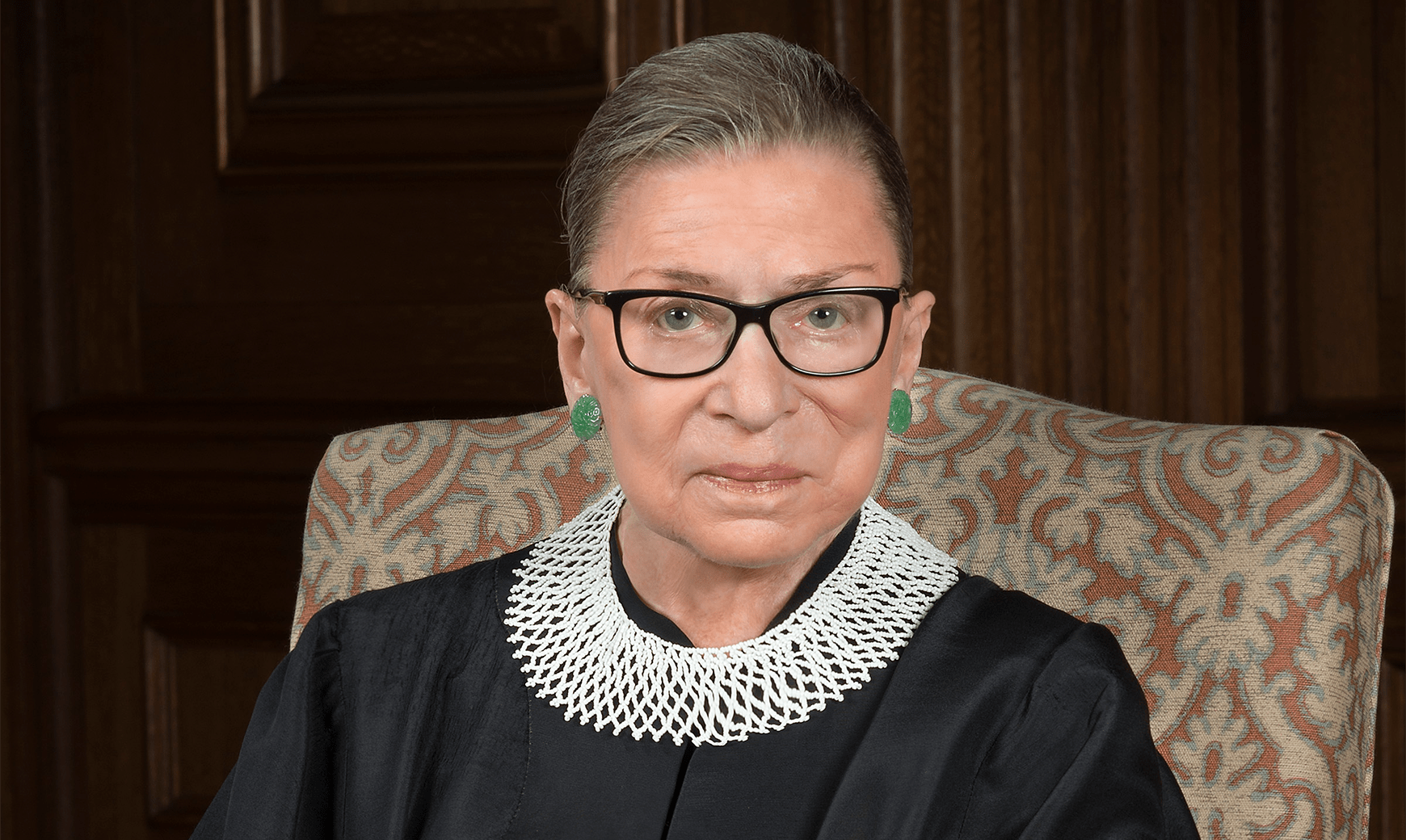As a firm, we mourn the loss of Supreme Court Justice Ruth Bader Ginsburg. In the days since her passing, commentators and public figures throughout the world have endeavored to describe the impact that Justice Ginsburg’s life and work have had on our country. They have referred to her as a hero, a titan of the profession, a trailblazer for women, a cultural icon, and a champion of justice. She was all of those things, of course, and far more. She was a lawyer, and then a judge, whose career was driven by two core values: an unwavering commitment to equality, and a deep-seated hope that persisted through the tremendous challenges she encountered in both her personal and professional life.
Justice Ginsburg beat the odds time and again. Demoted in her first job when her employer discovered she was pregnant, she went on to become one of only nine women accepted to Harvard Law School’s class of 500 students, and yet did not receive a single job offer despite graduating at the top of her class. The next three and a half decades of her career were a lesson in resilience and tenacity—she confronted every challenge, every act of blatant discrimination with a renewed determination to overcome and excel, not only for herself, but for the generations of women who would come after her.
She brought these qualities and more to her service on the Supreme Court, where she continued to inspire a revolution in gender equality, as powerfully in her dissents as in her majority opinions. Having battled against the status quo her entire life, Justice Ginsburg was undeterred and forward-thinking even when far outnumbered by her colleagues on the Court, remarking that “dissents speak to a future age. It’s not simply to say, ‘My colleagues are wrong and I would do it this way.’ But the greatest dissents do become court opinions and gradually over time their views become the dominant view. So that’s the dissenter’s hope: that they are writing not for today, but for tomorrow.”
When asked how she wanted to be remembered, Justice Ginsburg responded: “Someone who used whatever talent she had to do her work to the very best of her ability. And to help repair tears in her society, to make things a little better through the use of whatever ability she has. To do something, as my colleague David Souter would say, ‘outside myself’” — the response you would expect of a hero, titan, trailblazer, icon, and champion. She will be remembered that way by a grateful country, by Americans of all backgrounds and political beliefs who admired her not only for her extraordinary intellect and conviction, but for her ability to engage in honest and respectful debate with those who disagreed with her most, perhaps best exemplified by her close friendship with the late Justice Scalia.
For our country, and particularly for those in our profession, Justice Ginsburg’s legacy is a call to action to likewise do something outside of ourselves and to carry on her life’s work: the pursuit of equal protection under the law. It is my hope that her memory continues to inspire us to dedicate ourselves to the service of our neighbors and the advancement of our society, to welcome honest, respectful debate with those of differing views—and maybe even learn from each other in the process—and to pave the way for the next generation of counselors, advocates, and leaders.
Joe Boccassini, McCarter & English Managing Partner
